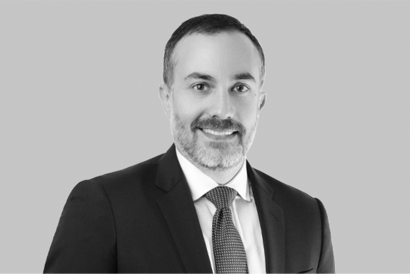In the spring of 2021, Burford Director Jeffery Commission and Vice President Reda Hicks asked a group of trial attorneys, arbitration leads and dispute resolution specialists in the energy sector about major risks and opportunities in the oil and gas industry f…




